Reasons Why You Shouldn’t Diet
- February 19, 2018
- Last Updated: January 24, 2023
- 29 Comments
- Nutrition
How was your weekend? I hope it was good. I wasn’t ready for this weekend to end. It was a good one, and a productive one at that! We did our birthing class, did more work on the nursery, went to a local alumni event, and got maternity photos done! I think I still need a few days to recover.
Today’s post is one I’ve had idea saved in my drafts for a long time. I don’t know why I haven’t published it. Yet, this whole recent Weight Watchers debacle recently gave me the final push of inspiration to finish it and and press post.
Wake Up Weight Watchers
Have you heard that Weight Watchers will be offering teens (ages 13-17) free memberships starting this summer? It’s been big news in the nutrition world, so I wanted to share some of my thoughts on it.
While this may sound very noble of them, if you dig deeper, it’s actually very problematic.
Firstly, clearly Weight Watchers is a business, and they know that starting children young will equate to more paying customers for them down the road. Secondly, and more importantly, subjecting kids to dieting at such a young age is setting them up for a possible future of weight cycling, body discontentment and shame, and eating disorders.
I know Weight Watchers brands themselves as not a diet, but they are. You count points (rather than calories). If you go over your points, you are subject to feeling guilty and shamed.
If you go under your points, you may be tempted to eat more to “reach your points,” despite feeling hungry or not. Regardless, living your life by points is not teaching you to eat by hunger and fullness, nor is it teaching you how to form a trusting, intuitive relationship with food.
Or, how to enjoy food outside of rigidity. These are some of the many problems I have.
Weight Watchers wants life members, because they know you’ll go through cycles of yo-yo’ing or weight cycling, which is very harmful for health. Weight loss doesn’t make someone healthier. It doesn’t necessarily correlate with chronic disease. In fact, an intense focus on weight can be more problematic.
It also hits home because I see many of these teenage athletes as part of my job. Some of who may feel they should be put on a diet and subject to these dietary restrictions. This post goes out to them.
How This Affects Teens
I see many teen athletes, and to think about them being put on a diet is astounding. The teen years are a time for growth and puberty, and many kids put on normal weight as part of the process. They are still figuring out their bodies and growing into them.
Girls often start gaining weight and going through puberty earlier, which may seem like a cause for concern, but it’s not. Teens are going to be hungrier and gain weight. Manipulating this stage could have devastating consequences for the future.
Having teens engage in diet behaviors would only put more emphasis on weight and physical appearance. It could ruin any sense of intuitive eating they have currently, and teach them not to trust their instincts or hunger/fullness.
Consequences could affect performance, self esteem and disordered eating behaviors. Even for the adolescents who aren’t athletes, they still have to grow and hit puberty too. And this is telling them it’s not normal or it’s “bad” to gain weight during this time.
Believe me, there are plenty of other healthy behaviors I can convey to teens through sessions than how to restrict their food.
We can talk about how macronutrients fuel our bodies, how to eat for performance, how to eat for recovery, how to understand hunger and fullness, what cravings mean, how to know what a balanced meal looks like, how to grocery shop and put together an easy, healthy meal, what foods have fiber/nutrients in them, etc.
None of these things directly revolves around weight.

And this extends beyond just teens. I have a little girl coming into this world in just a few short weeks. And the last thing I want to think about is her growing up in a world that tells her she’s not good enough.
That her body shape or size is wrong, and that she should feel bad about it. That she has to count every morsel of food that goes into her mouth. Just no.
Why Dieting is Harmful
So, then why is dieting so bad anyway? Heck, its what we’ve been told to do for as long as we can remember, right? The news is always cuing in on the hottest diets. Celebrities are touting them like there’s no tomorrow. Doctor Oz will fill you in on the latest “fad” thing (funny thing is…he’s a doctor, not an educated dietitian).
At the click of a mouse, you can order a complete juicing detox or buy a non-personalized diet meal plan that a million other people have bought in hopes of losing weight…only to find that it doesn’t work.
Here are some of many reasons why dieting is harmful.

Dieting goes against our internal cues
Well, the act of dieting itself, goes against our internal cues. It relies on following external cues and standards – eating a certain amount of calories, or grams of fat/carbohydrate, or avoiding certain foods. Dieting is actually the biggest predictor of eating disorders – I know that’s not what you would think, right? Dieting is supposed to “work.” But, study after study shows that it doesn’t. In fact, nearly 2/3 of people regain the weight they’ve lost (and more) after the conclusion of a diet, and 95% of diets fail. By fail, I mean dieters are unable to keep the weight off long term. Why? They’re not learning the lifestyle behaviors, or learning to follow their internal cues.
Dieting is restricting nutrients
Whatever way you look at it, you’re taking something out. Low carb? You’re missing out on fiber, B-Vitamins, potassium, magnesium and other micronutrients. Low fat? You may have trouble absorbing Vitamins A, D, E and K. Paleo/Whole 30/No dairy? You’ll have a harder time meeting your calcium, Vitamin D needs. Keeping calories under 1,200? You certainly won’t be able to get all the necessary nutrients in that amount of food.

Dieting is Futile
Not only does dieting set unrealistic expectations for the finish line, it also causes harm to the individual, distorts body image and self esteem, and is a major contributor to eating disorders. Furthermore, nearly 95% of diets fail. Would you engage in anything else that has that high of a failure rate? Note: By fail, I mean are not able to keep the weight off long term. In fact, most people (nearly two thirds) gain more back. There’s a reason why it’s so hard to get back to a certain weight you still dream of – it may be working against your body’s set weight.
And, more seriously considering, there’s the risk of developing a disordered relationship with food. Of viewing certain foods as bad, and others as good. Eating disorders have the highest mortality rate of any mental illness.
Life is Not Meant to Be Lived by Numbers
When you’re dieting, you often have to be aware of every morsel of food that goes into your mouth. I’m not saying awareness is not important – I encourage all of my clients to be aware of food choices. But, scrutinizing every single ingredient, or every number of every calorie that goes into your mouth is exhausting. And what about the thought of enjoying a meal out for a birthday, or with family, or for a celebration? It’s nearly impossible. You can’t chill out when you’re on a diet – you are constantly on high alert.
Dieting is Stressful to the body
Speaking of being on high alert, dieting (and restriction) increases our stress hormone, cortisol. When cortisol is high, we’re not doing our body any favors – digestion, sleep, and everything else is thrown off. Increased cortisol can actually lead to weight gain, among other things.
Know what else dieting causes? Intense fixations on food. Feeling out of control around said food. Binging on said food.
Dieting also causes our bodies to slow down our metabolisms, meaning we burn less calories. Isn’t that the opposite of what we’re trying to do on a diet? Well, pat on the back for our bodies because they are actually saving us. We can’t continue burning through the same amount of energy when there is less coming in. Our bodies are really smart and will do the best they can to compensate.

Instead of Dieting…
Seeing as how this post is getting extremely long, I’ll cut it off here. But there’s a lot more we could discuss on the topic if you guys are interested.
In conclusion, my whole philosophy on food is that it should be enjoyable – not stressful, not restrictive, and definitely not governed by external cues. I wholeheartedly believe in intuitive eating, and having our internal cues guide us. Dieting takes those cues away from us. It destroys them, lessens them and teaches us not to listen to them.

So, if you start seeing the #WakeUpWeightWatchers on social media, this is what we’re referring to. We want families to be supporting their children, not calling them out. There are other (more helpful) ways to help teens.
If you yourself are struggling, I encourage you to see someone and get help. You don’t need a diet – you may need behavior changes, and education and support. But, not a diet.
Support Bucket List Tummy












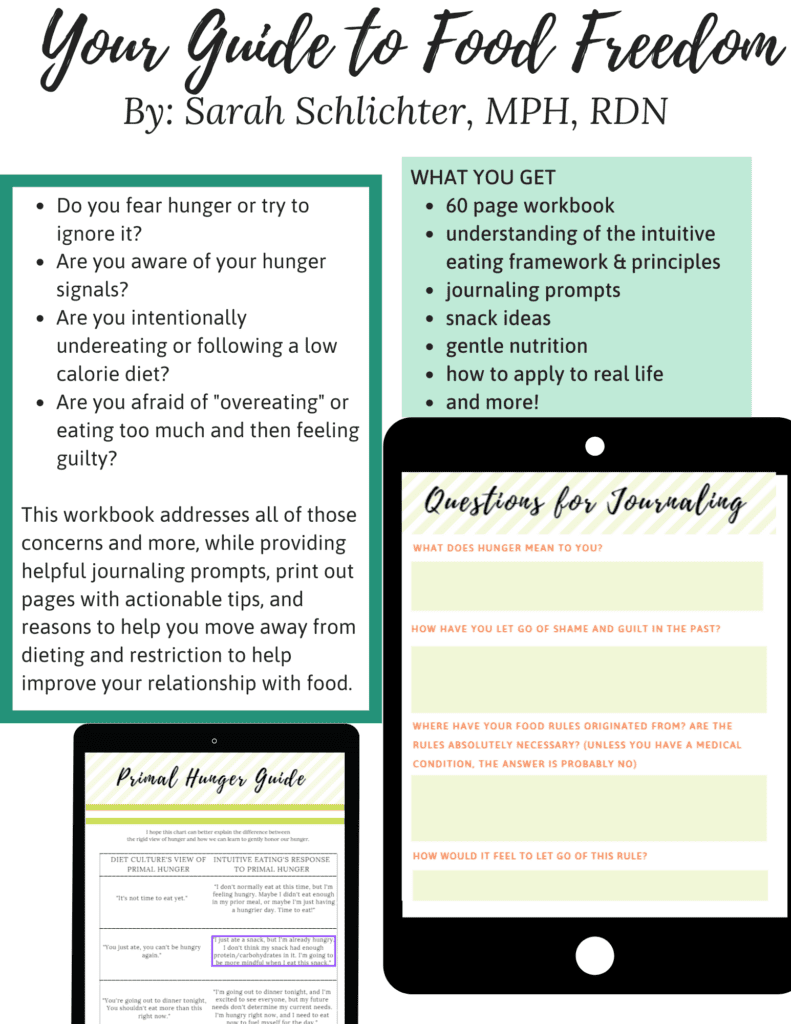
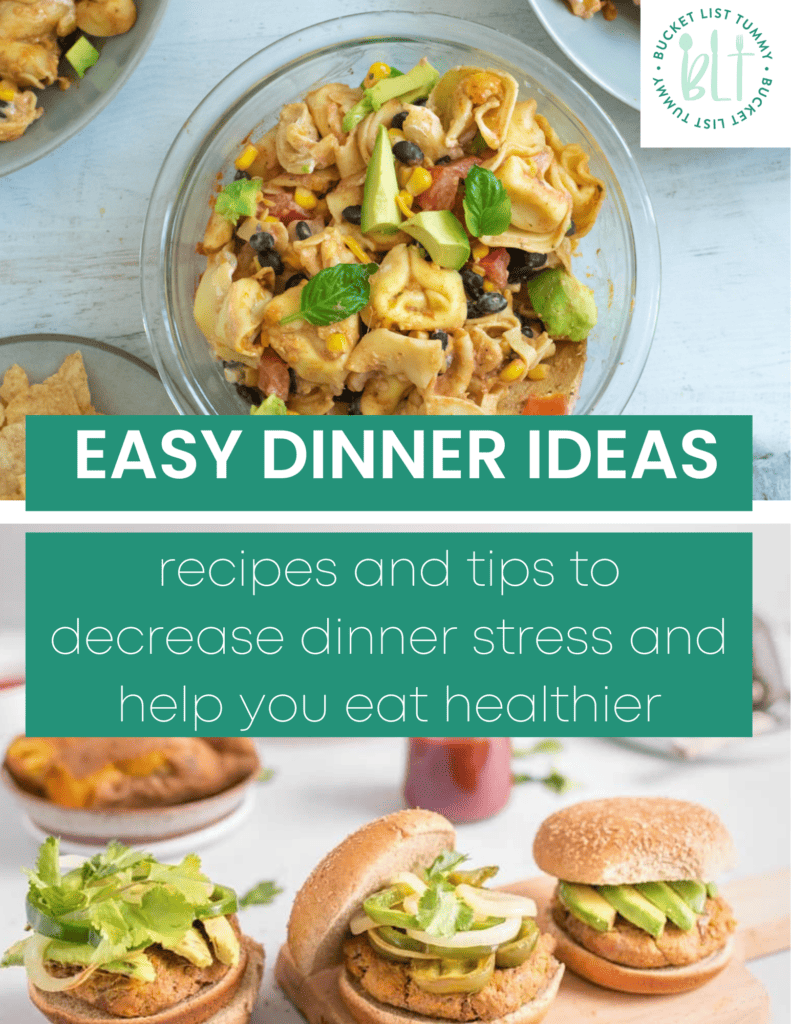





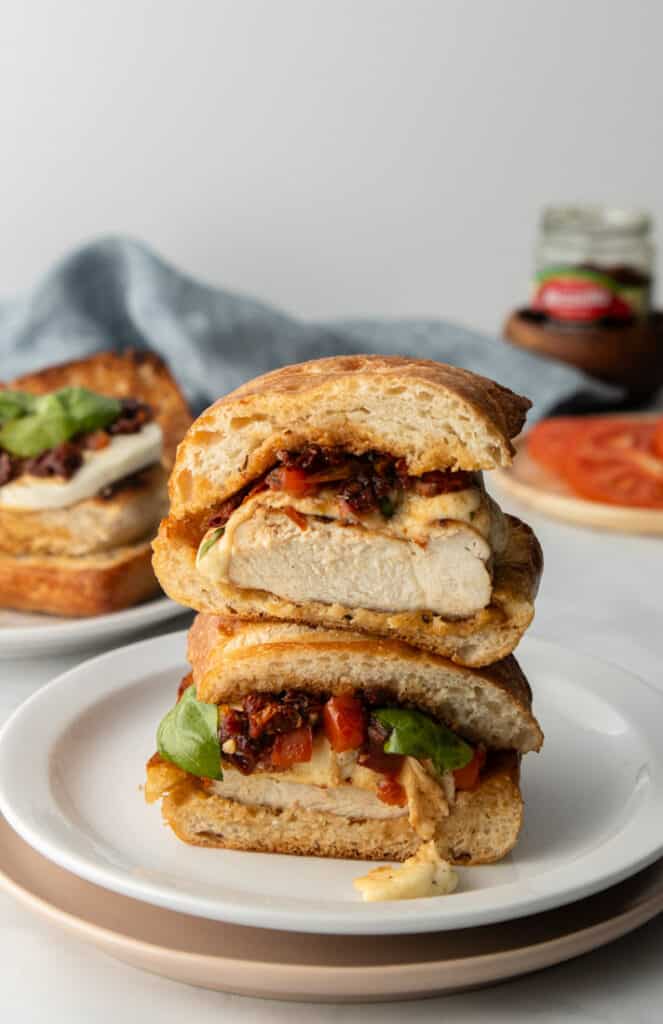
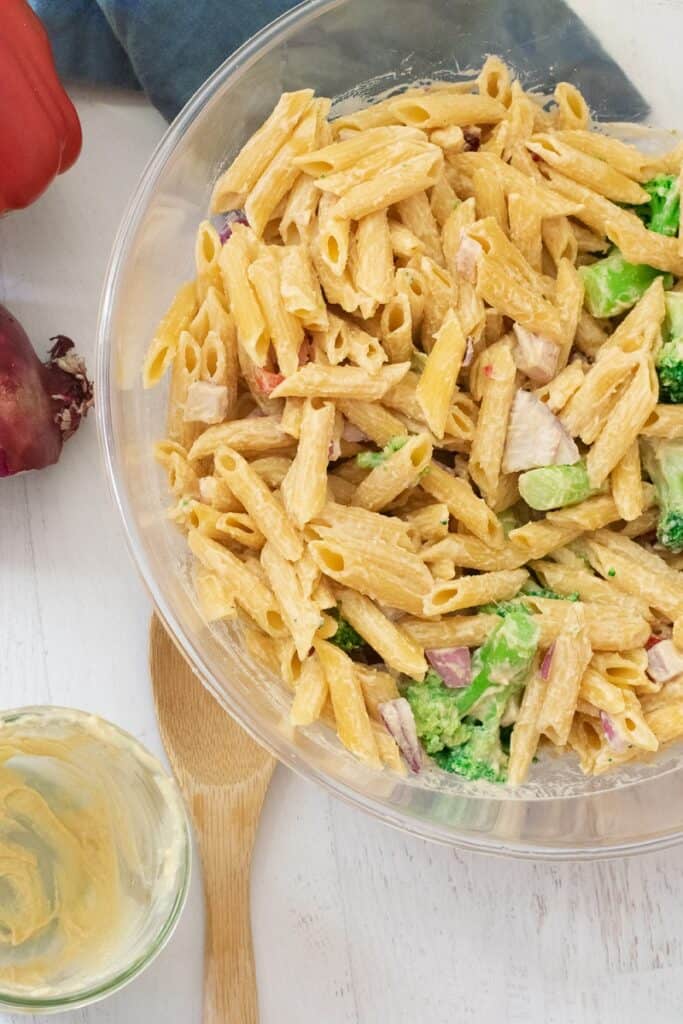





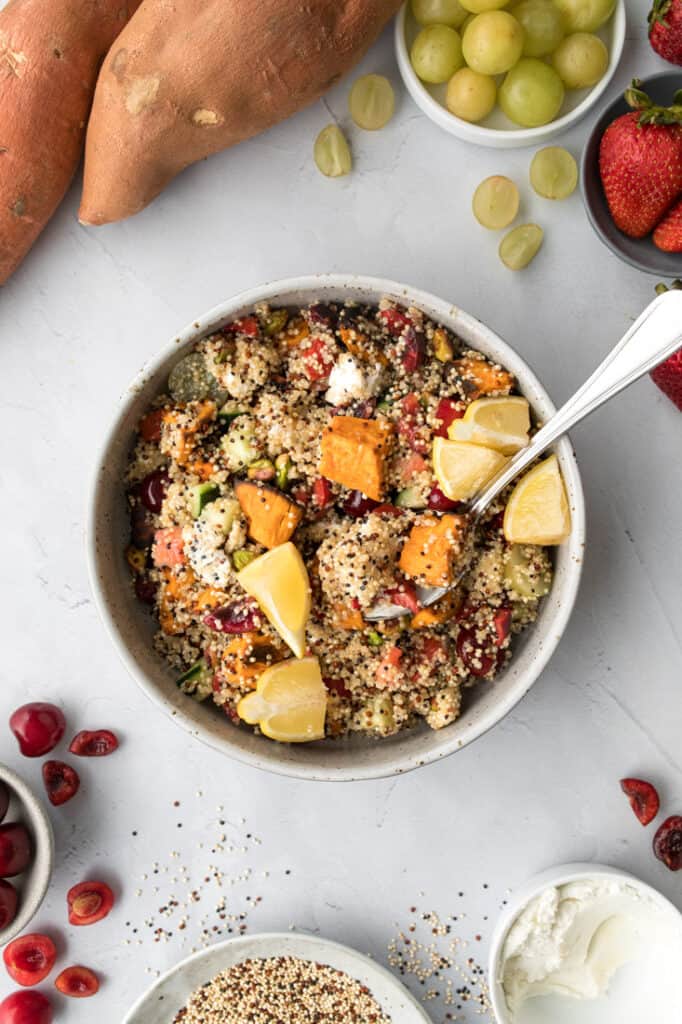

Like This Content?
Support Bucket List Tummy